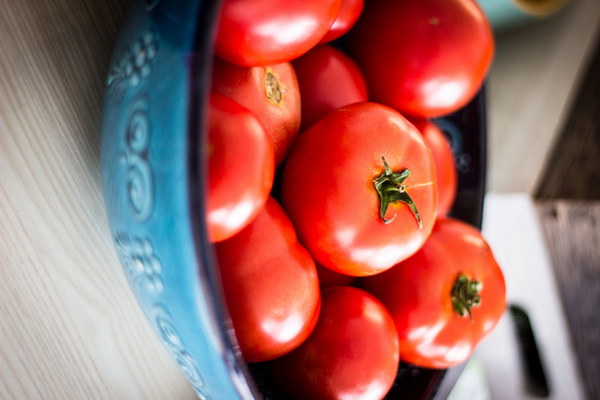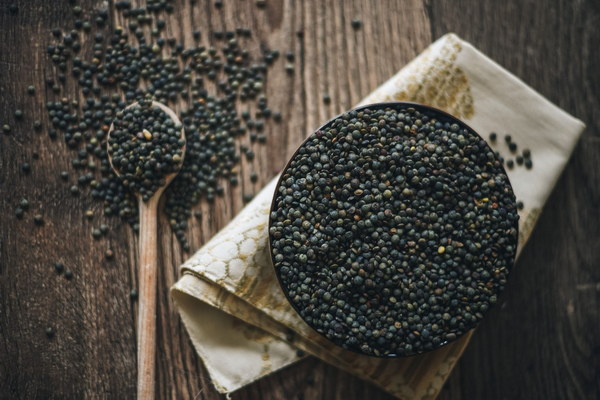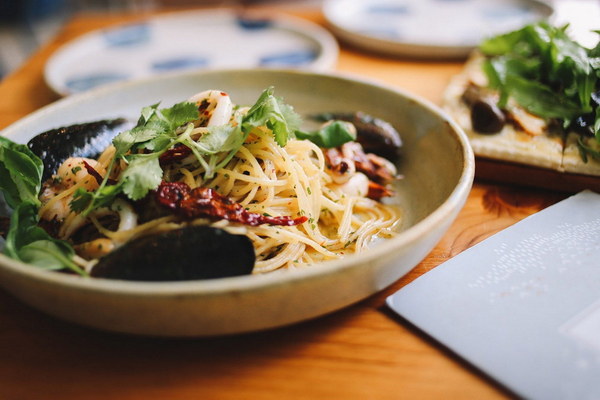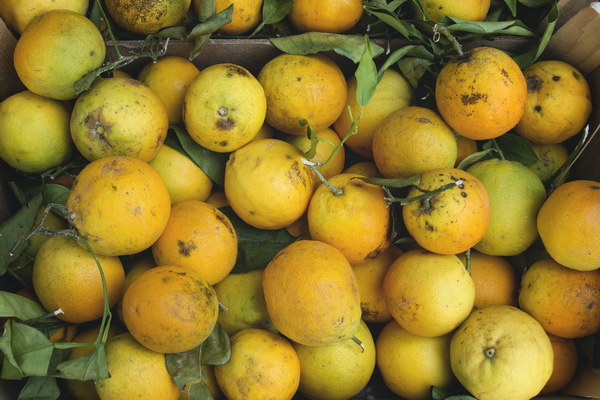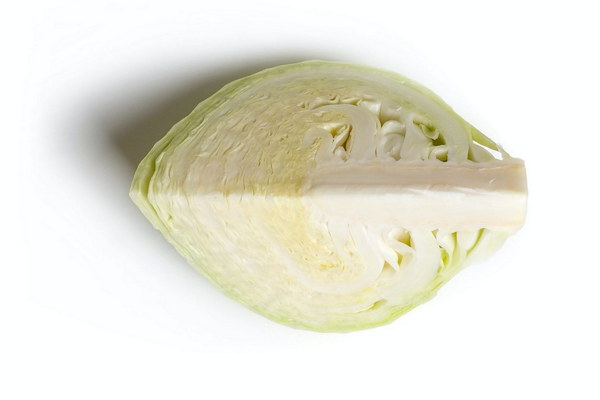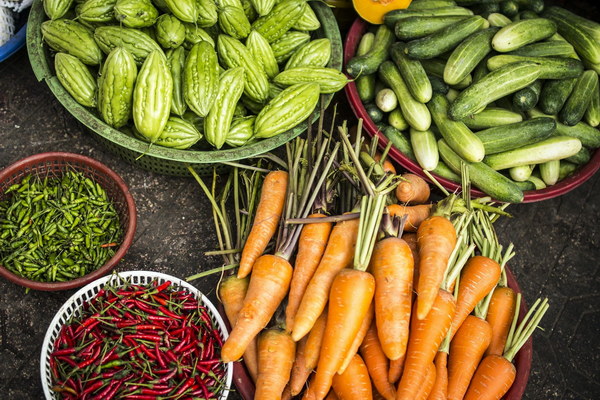A Comprehensive Guide to Tonic Herbs for Childrens Spleen and Stomach Health
In the realm of traditional Chinese medicine, the concept of nourishing the spleen and stomach is crucial for children's overall health. The spleen and stomach are vital organs responsible for digestion, absorption of nutrients, and the production of blood. When these organs are in balance, children tend to be more energetic, have better appetite, and experience fewer health issues. This article delves into a comprehensive guide to tonic herbs specifically designed for children's spleen and stomach health, as depicted in the Children's Spleen and Stomach Tonic Herbs Atlas.
1. Astragalus (Huang Qi)
Astragalus is a well-known herb that strengthens the immune system and boosts energy levels. It is often used to treat fatigue, weakness, and general debility in children. The herb has a sweet, slightly bitter taste and is safe for children when taken in appropriate doses.
2. Licorice Root (Gan Cao)
Licorice root is another essential herb for children's spleen and stomach health. It has a sweet taste and is used to harmonize other herbs in a formula. Licorice root can help alleviate symptoms of indigestion, bloating, and nausea.
3. Codonopsis (Dang Shen)
Codonopsis is a valuable herb for boosting energy and improving digestion. It has a sweet and slightly bitter taste and is often used in combination with other herbs. Codonopsis can help increase appetite, improve digestion, and support the immune system.
4. Ginseng (Ren Shen)

Ginseng is a highly revered herb in traditional Chinese medicine, known for its ability to enhance energy and vitality. While ginseng is generally suitable for adults, it should be used with caution in children. A smaller dose of ginseng can be beneficial for children with spleen and stomach issues, but it is best to consult a healthcare professional before administering.
5. White Peony Root (Bai Shao)
White peony root is an excellent herb for treating stomachache and promoting digestion. It has a slightly sweet and bitter taste and is often used to relieve pain and cramping. White peony root can also help regulate menstrual cycles in girls.
6. Bupleurum Root (Chai Hu)
Bupleurum root is used to treat various digestive issues, including bloating, nausea, and indigestion. It has a bitter taste and is often combined with other herbs in a formula. Bupleurum root can help regulate the flow of Qi in the body, promoting better digestion and overall health.
7. Poria (Fu Ling)
Poria is a mushroom-like herb that is excellent for promoting fluid balance and supporting kidney and spleen functions. It has a sweet taste and is often used in conjunction with other herbs. Poria can help alleviate symptoms of edema, promote urination, and improve digestion.
In conclusion, the Children's Spleen and Stomach Tonic Herbs Atlas provides an extensive collection of herbs that can help maintain and improve the health of a child's spleen and stomach. It is important to consult a healthcare professional before administering any herbs to children, as the appropriate dosage and combination of herbs will depend on the individual child's needs. By incorporating these natural remedies into a child's diet, parents can help ensure that their little ones grow up healthy and strong.


